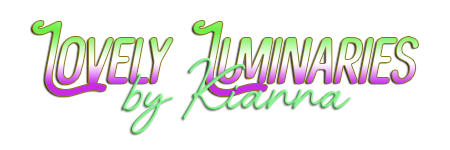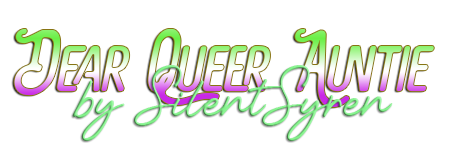Hello, my lovelies!
Today, we'll be searching for and celebrating those silver linings, segments of joy, and overall advancements in the LGBTQ+ community. The world can always use a bit more positivity. I'm here to bring you a rainbow of hope and a well-needed respite from all of the negativity through the news and media.
Just this September, Transportation Secretary Pete Buttigeg and his husband, Chasten, announced the newest additions to their happy family. The former U.S. Presidential candidate is a huge advocate for LGBTQ rights and awareness and has made history as the youngest Transportation Secretary. With very little LGBTQ+ representation within the government, this is an important milestone for the United States and we wish them happiness in their growing family!
And we've got some breaking news coming your way! For the first time in America, a transgender contestant has won RuPaul's Drag Race during the sixth season of the show! This is also the second time internationally. The contestant, Kylie Sonique Love, had been on the show previously, appearing for the first time in the second season. She highlighted how she hopes watchers of the show will appreciate the growth of the contestants and the passion that they have for what they do. Remaining positive through all of this has been a huge thing for Love throughout the show as it brought up awkward parts of her transition, but she chose to look for the silver lining in it all.
Cuba is making strides towards a new definition of marriage as the "voluntary union of two people", versus the antiquated definition of "union of a man and woman". This change, which is still in progress, would open the door to gay marriage being legalized and accepted in Cuba. It is absolutely wonderful seeing these changes being realized and allowing for development in legislature. We're eagerly waiting to see these changes made and while it's yet not fully integrated, this progress is definitely something to celebrate!
This August, the Tokyo Paralympic Games brought in a record number of LGBTQ+ athletes to participate. These athletes are often underrepresented, as in 2016 when only 56 (publically) LGBTQ+ athletes participated, whereas 185 were able to participate in 2021. It is touching to see the athletes' responses to this change and the support they received through the pressure of the games. In addition, the support and respect these athletes have for one another is a unique relationship, as they have many special experiences they are able to bond over, including the stress and preparation they go through to take part in the games. Looking forward, it would be exciting to see even more representation of LGBTQ+ athletes throughout a wide variety of sporting events, but this is already an amazing step!
As we close this out, I want to remind you all to stay positive and look for joy in your lives! Although things may be looking down for the moment, there is always something to celebrate or smile about. Keep a lookout for more positive stories in our next issue!

